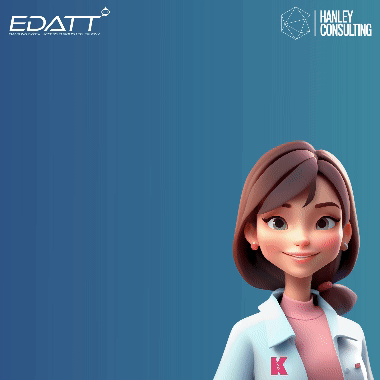A team from Leicestershire Partnership NHS Trust has developed an innovative phone ‘app’ to take the mystery and fear out of electro-convulsive therapy (ECT).
The free app is available for download on smartphones and tablets. It offers users the choice of text, audio or video to provide training and support for health professionals and information and advice for patients.
The app outlines state-of-art procedures on ECT, anaesthesia and patient experience and allows patients and health staff alike to ask questions directly of the team’s ECT experts.
It has been developed by LPT consultant psychiatrist Dr Girish Kunigiri with head of the nurse-led ECT service Andy Thompson, deputy Emily Jarvis, along with consultant anaesthetist Priya Gauthama from University Hospitals of Leicester whose team works closely with the ECT service, and Leicestershire Health Informatics Service.
Dr Kunigiri has also led a project piloting teleconferencing for the professional development of mental health staff working in the community. He said: “ECT is used in the treatment of severe depression, mania and catatonia. Although it is highly effective, producing improvement in more than 70% of patients who have debilitating and resistant illness, use of ECT has declined, despite technological advances, and we believe this is in part because of the stigma that is still attached to this form of treatment.
“If you talk about electro-convulsive therapy people still tend to associate it with the treatments of the 1950s but there have been major advances in anaesthesia and technology and the reality is ECT is extremely effective and safe, carrying no more risk than a minor day-case operation. Our service has been acknowledged as a centre of excellence and best practice in ECTAS (ECT Accreditation Scheme) standards.
“The app allows patients to see in advance what happens in the ECT suite, how the therapy is applied, how seizures are induced and how long they last, and how long they will spend in the recovery suite – and it covers side effects of the treatment.” Andy Thompson added: “We have also included a video showing a patient’s experiences of receiving the treatment, their response and how they felt. Patients can choose the level of detail they want to look at or read.”
The app has also been designed to be used as an information and training tool for psychiatrists, nurses, support workers and other health professionals.
Dr Kunigiri said: “Psychiatry trainees in particular can see detailed information about prescribing and standards of ECT practice. He added: “I’m very excited about the app because I can see how we can use technology to help patients and professionals to better understand ECT. It’s free to download because our vision is for it to become an important resource worldwide as well as here in the UK.”




